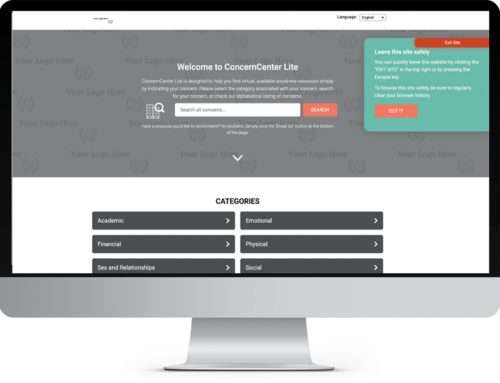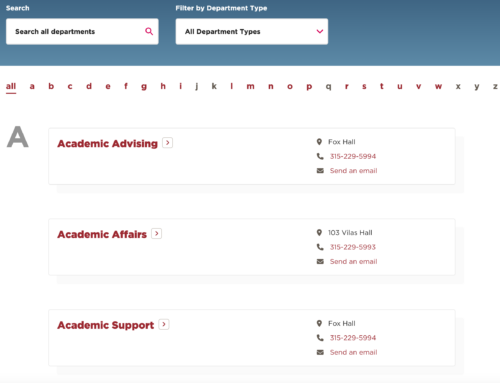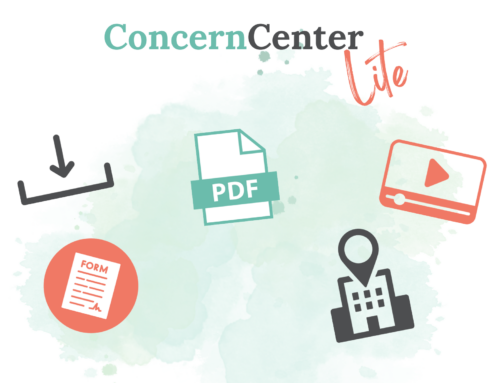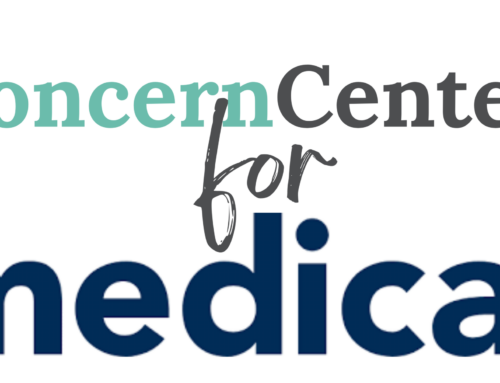The topic of declining mental health, especially in teens and young adults, has earned national attention as of late. Between the loss, fear, isolation, and hardships brought on by the COVID-19 pandemic, highlighted racial disparities, the fear of mass violence, and a national hotline established for mental health emergencies, families across the United States have undoubtedly felt an increase in anxiety, stress, and depression. Data from the US Centers for Disease Control and Prevention shows that drug overdose deaths reached record levels in 2021 and in 2020 and mental health-related visits to emergency rooms jumped 31% among adolescents ages 12 to 17 (CNN, 2022). Reputable sources like the National Alliance on Mental Health (NAMI) report that one in five U.S. adults (52.9 million) and one in six U.S. youth aged 6-17 (7.7 million) experience mental illness each year. Even though these numbers suggest that you, yourself, have possibly struggled with a mental illness or that you know someone close to you who has, the World Health Organization (WHO) highlights, “…the gap between people needing care and those with access to care remains substantial.”
On the January 9, 2023 afternoon episode of WXXI Connections with Evan Dawson, two important questions were raised: 1) Is mental health getting worse over time and 2) How are solutions like ConcernCenter helping people access support? Representatives from four very different, but all very purpose-driven organizations came together to discuss these questions and to highlight ConcernCenter as a valuable and trend-setting solution for organizations looking to connect people with mental health resources.
“This is all about early intervention” Dr. Karen Logsdon, Assistant to the Vice President and Title IX Deputy at SUNY Brockport said during the show. Stigma reduction, early identification of problems, and equitable access to support resources are all ways in which colleges and universities like Brockport, non-profits like Villa of Hope, and government agencies like the New York State Office of Victim Services (OVS) are supporting early intervention efforts for their constitutes. “There isn’t a prize for ‘white-knucking it’ through a problem”, stated Elizabeth Cronin, Esq. Director of OVS, further suggesting that an important part of early intervention is recognizing a problem as a problem and then proactively reaching out for support before the issue has a chance to escalate.
All of the guests on Monday’s show agree that people, including teens and young adults, are experiencing “information overload” and that an overabundance of resource options, coupled with a system that is difficult to navigate, is leading people to freeze and not follow through. “Too much information can become incredibly overwhelming and difficult to sort through” said Dr. Erin Halligan-Avery, President of ConcernCenter. “People aren’t getting their own personal tour guide through the mental health process… so that’s what ConcernCenter is trying to do.” When trusted organizations can provide resource information to people in a user-friendly way, everyone wins. The user feels supported and the organization saves time and money.
During the show, Evan Dawson asked what it looked like when solutions, like ConcernCenter, are used successfully in organizations such as SUNY Brockport, Villa of Hope, and OVS. Representatives from each of these organizations proudly stated that this software has, “…really been a game changer for [their] constituents in trying to find resources” and that a large benefit is derived from the collaboration the platform breeds. “ConcernCenter is unifying us and our programs” said Kristen Lopez from Villa of Hope. “We have seen a trend in more help-seeking behaviors… students are feeling a little more comfortable talking about their mental health and seeking services” said Dr. Karen Logsdon, and Elizabeth Cronin commented, “The beauty of this tool is that we can all – from all of our different organizations – customize [ConcernCenter] for our own, unique users.”
Last year (2022), the top 4 concerns searched across all ConcernCenter platforms were 1) anxiety 2) don’t have food 3) housing problems and 4) mental health. These concerns, all typed in the users own words, remind us that people are struggling, in need of support, and that user-focused mental health solutions are in demand more than ever. OVS, Villa of Hope, and SUNY Brockport all seek to make a meaningful impact to the mental health and wellness of their users and understand that reducing information overload through the ConcernCenter customer-driven solution is an incredibly important first step.
For more information about how ConcernCenter can support your well-intentioned organization, contact info@concerncenter.com or visit www.concerncenter.com.






Leave A Comment